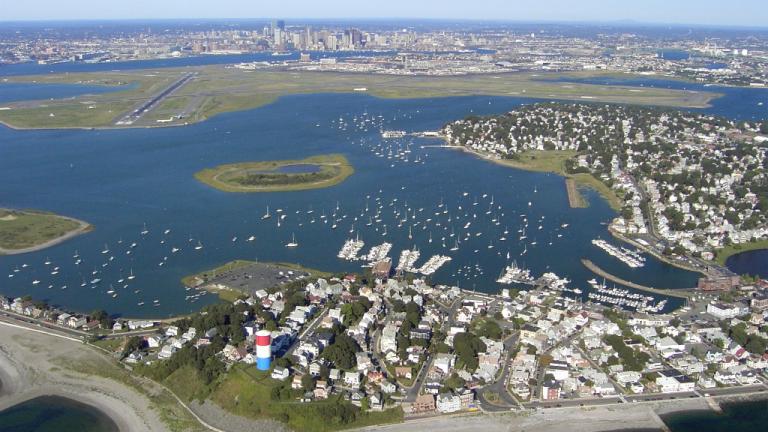
Earlier this week I attended Massachusetts’ state Senator Marc Pacheco's Clean Energy Futures "listening session" in Winthrop, a very vulnerable coastal community next to Boston’s Logan Airport. It became clear from the discussion that it really doesn’t matter whether or not you believe that climate change is human-caused, or what your political stripes are. The seas are already rising and basic community infrastructure – such as hospitals, schools, roads – will therefore not be available when needed in the absence of a plan on how to adapt. This will happen not just in far away arctic places or in 50 years, but to our neighbors, friends and relatives within the lifetimes of many alive right now.
Have a look at Climate Central's risk finder and enter your zip code or community’s name and see where things stand for you. If you’re near a coast – as we here in the Boston region are – chances are good that to remain a viable community, adapting needs to start now. Have a closer look at places like Dade County, Florida, where “conservative” politicians are listening closely to their constituents demanding action – for example, on “sunny day flooding” – and don’t pay a lot of attention to their party’s state level or national politicians’ denial of climate change. The disconnects are deafening.






